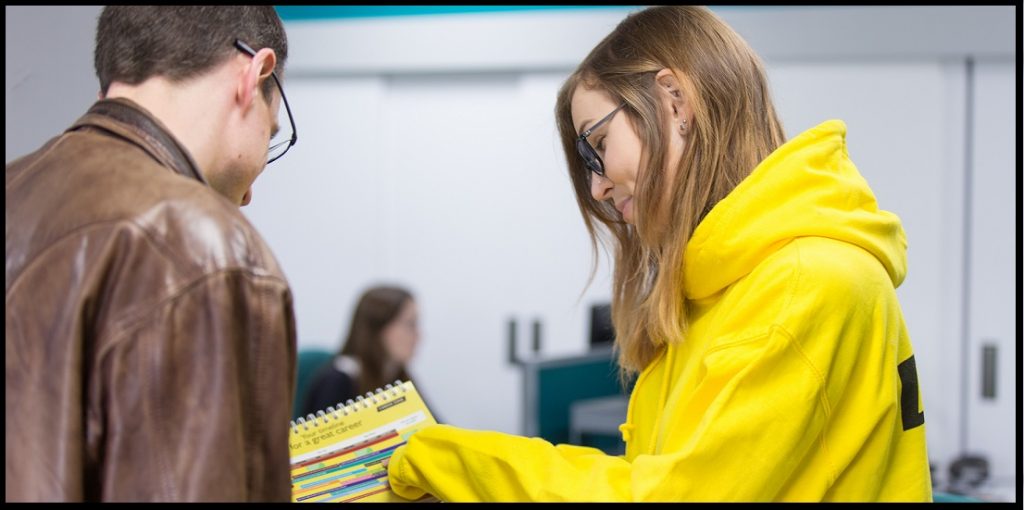What were your main roles and responsibilities during the course of your internship?
Uploading vacancies to our website, intranet, and job boards, organising the recruitment mailbox and ensure hiring managers receive all incoming applications, arranging interviews and tests, as well as inductions, by liaising with candidates and managers, receiving all right to work documentation, CV’s and new starter forms and filing these appropriately, drafting letters to employees and new starters for salary reviews, contractual changes and promotions, navigating and where required, updating, company processes for recruitment and resignations, coordinating leavers, including confirming any final payroll deductions and booking exit interviews, creating contracts for new starters and inputting contractual changes to our systems for current staff, handling rejections, offers, queries, and the day to day requests for the HR Department.
What would you say was your biggest achievement over the course of your internship?
I learnt a lot of information about the HR sector – developing skills in contracts, documentation and the importance of attention to detail in relation to this, and generally improved the formulation of processes and strategies to aid efficiency!
What benefits did your internship bring to your employer?
I have eased the pressures on a very busy HR department, allowing HR Advisors to actually complete their advisor work rather than administrative tasks. I have also noted necessary changes to previous procedures in admin, making processes more user friendly and less time-consuming.
What skills were you able to develop through the internship?
Communication, organisation, focus on goals and outcomes
What attributes were you able to develop through the internship?
Commercial awareness, motivation, personal awareness











